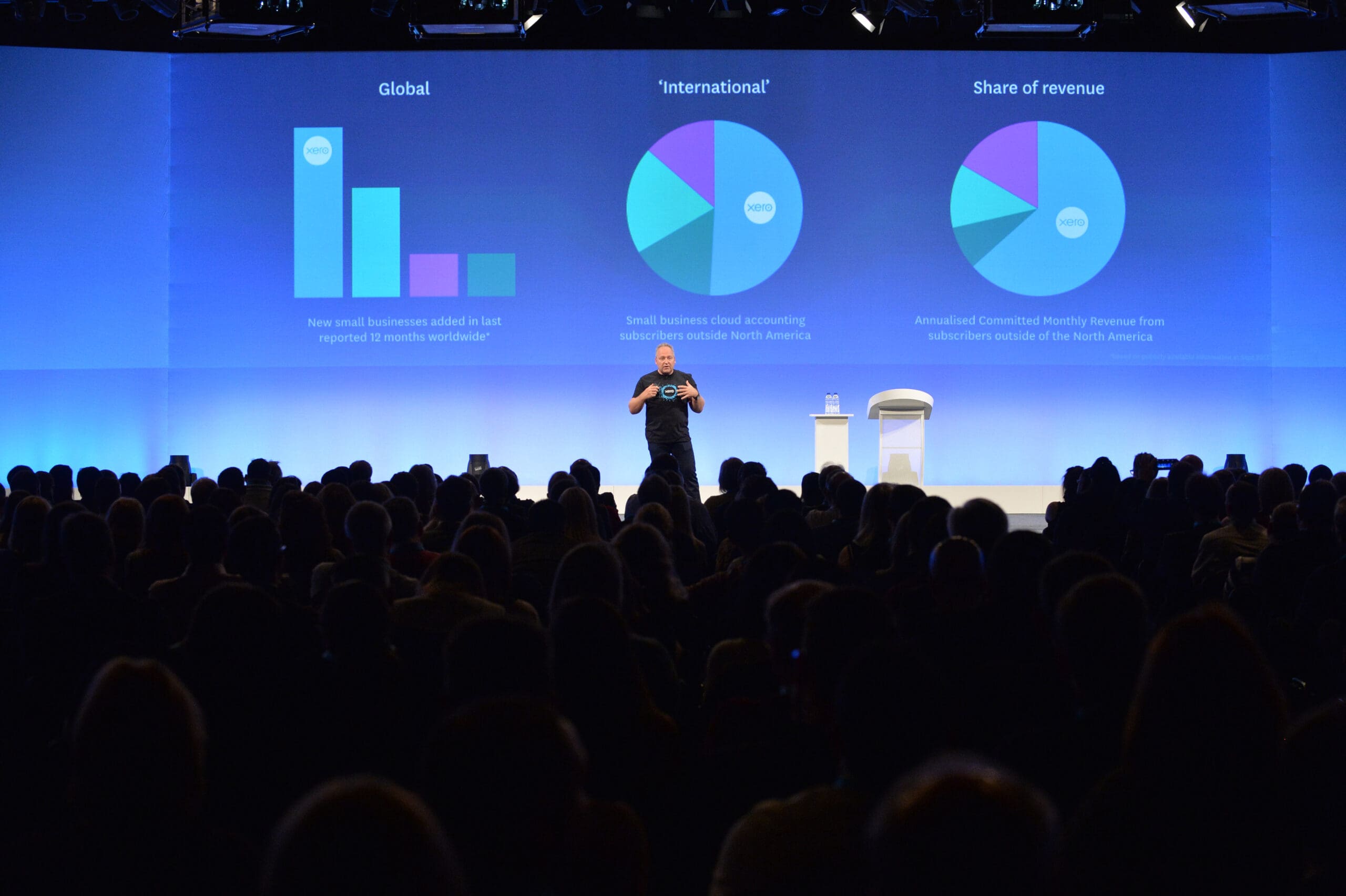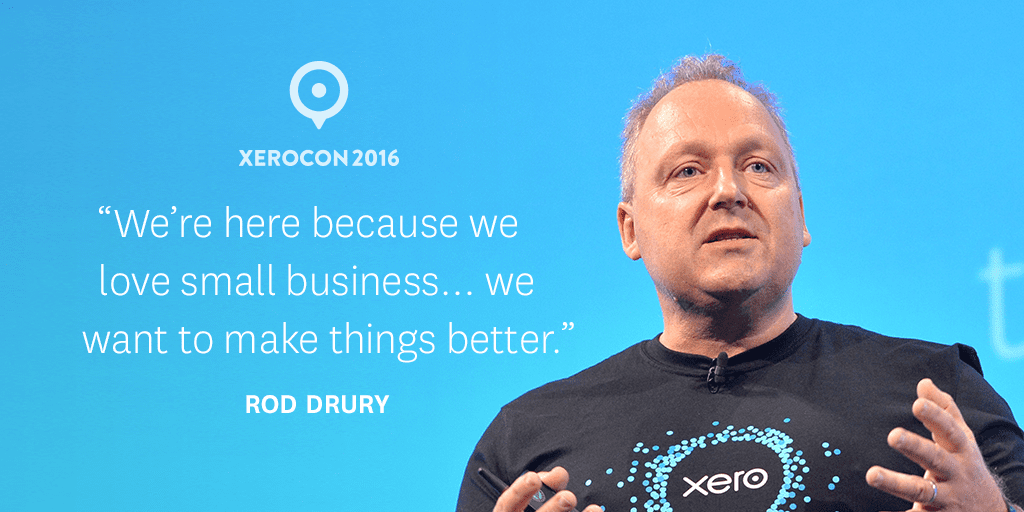
As an industry, hundreds of millions of dollars have been invested in taking accounting online. It’s taken nearly ten years, thousands of people and one obsession with helping small businesses run better.
Today, we’re deep in the cloud accounting adoption curve, and we’re now looking ahead. We’re now focused on what small businesses will need next to operate in our increasingly shrinking world.
Advanced machine learning
Now that we have so much data – we processed more than $300 billion worth of transactions in the last 12 months – we can make it work for us. We can put our servers to work for small business owners so their businesses keep ticking along, even while they’re sleeping.
Advanced machine learning applications are driving the next wave of investment for accounting platform providers. Technology won’t just collect information, it’ll learn from what it stores.
Over the next 12 months we’ll start to see accounting software get smarter. So rather than just seeing the data that you entered presented back to you in a clean, beautiful format, we can actually use the servers to do the processing and automate decisions.
As a result, a bunch of the initial analysis which was previously completed by humans, could be done by computers. Take bank reconciliations. The system could learn how to completely automate those to free up the time. That’s time the small business owner can use to work on their company, and the accountant can use to provide a higher level of service.
Investing in a platform
For years we’ve been talking about these magical technology companies which offer Software as a Service (SaaS). This year, the next generation of SaaS companies will start to appear – they’re called Platform as a Service companies, or PaaS.
Many technology providers have now built the functionality in their core product. They’re now looking at how to be the connector for their industry. In accounting, this means transitioning to become a small business platform that connects businesses with the services they need to operate efficiently.
Not many companies can make that transition to becoming a platform. And no one has fully accomplished it for the small business market. There are huge barriers to entry. It would take hundreds of millions of dollars to build, plus you would need buy-in from users, advisors and both horizontal and vertical service providers. In short, you need to create an ecosystem.
The ecosystem effect will demonstrate the power of the network. Your platform won’t just provide functionality, it will also provide the connectivity between large and small businesses. It means communication can be improved and small businesses can increasingly automate their supply chains.
Over time, the value of a business software package won’t just be about its functionality, it will be about the power of the network that is operating on that platform.
Security as a competitive advantage
No longer is security a back office function. With its sheer importance to business, it is now everyone’s responsibility.
Over the past 12 months, we’ve noted increased activity in this area, and that’s only going to grow because security is a constantly moving target.
Security is an element which will be worked on across borders and companies. As these threats continue to evolve and cybercriminals use new tactics, customers will look to companies with a a strong focus on security.
The total disruption of services
Globalization is one of several market conditions that are combining to form a world where companies are forced to innovate to stay afloat. The services sector is one in particular where technology has lowered barriers to entry and boosted competition, enabling these entities to take jobs in almost any market.
We’re seeing a higher level of commoditization of services, especially when businesses realize they operate in a world where location doesn’t necessarily define them – their competitors can be on the other side of the globe.
The ability of small businesses to grow is hinged on being able to access capital and talent, by enabling them to tap global markets for both, you’re upping their survival chances and increasingly the potential to accelerate, just by taking advantage of how small the world has become.
You can bank on market uncertainty
There’s a huge amount of uncertainty around the world. There are parts of the world which seem scarier and it’s feeding into global sharemarkets.
For business owners, securing certainty around their investment is crucial and can help protect them from any wild fluctuations around the world.
At Xero, when we sensed that the markets might turn, we raised cash to ensure we had a longer runway. If you’ve got enough cash, you can start to be a little more strategic with your timing. It gives you more options.
CEOs should ensure they have 2 years worth of funding. It makes you relatively bulletproof, allows you to be more flexible and you can create more value. Especially during these highly volatile times.
The competitive landscape is changing
Large businesses are no longer just competing against other companies of a similar size or stature. Instead, they’re competing against small, agile and fast growing companies. Many of which are run by someone who previously worked in the industry, has a very smart team and is running the operation from their front room.
Technology has smashed the barriers to entry for many industries. It’s boosting competition and it means smart people can build small teams and challenge the incumbents.






